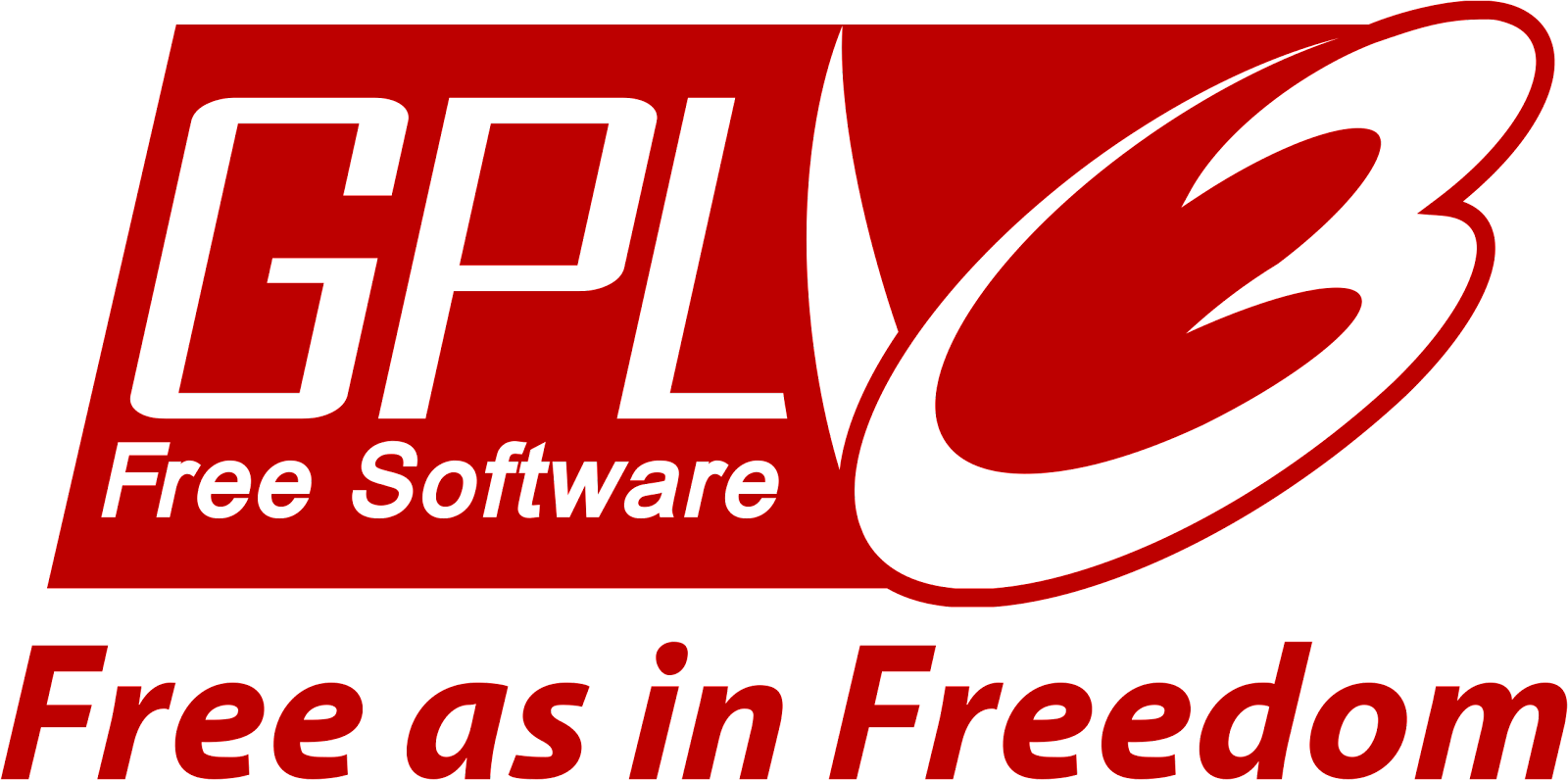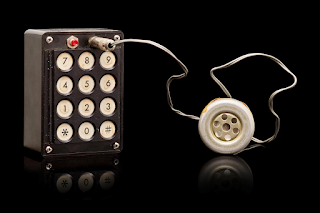Copyleft: Impact on choosing a software license
Copyleft originated as a pun from copyright. Nowadays it denotes whether the license will influence the derived works or not. There are 3 main types of copyleft:
- Strong copyleft - these licenses demand that all the derived works (the software that is made by altering the original) must retain the license of the original.
- Weak copyleft - sets some exceptions in order to allow better software integration (linking) with non-free (proprietary) systems. Weak copyleft is especially appropriate in the case of software libraries.
- No copyleft - these licenses do not limit the licensing of the derivatives. This is option gives the largest freedom to developers while somewhat cutting back on the continuity assurance for end users.
Strong copyleft
The most well-known strong copyleft software is the GNU General Public License. The GNU General Public License guarantees end users the four freedoms: to run, study, share, and modify the software.
If you are using a GPL component in your software, then your entire software is considered a "work based on" a GPL and, therefore:
- You are not allowed to claim patents or copyright on the software. Moreover, you are obligated to display a copyright notice, disclaimer of warranty, intact GPL notices, and a copy of the GPL.
- You are not allowed to change the license or introduce additional terms and conditions.
- You are under the reciprocity obligation, which means you are obligated to release the source code and all of the rights to modify and distribute the entire code.
"Weak copyleft" licenses are often used to make software libraries. This allows other software to link to the library and be redistributed without the requirement for the linking software to also be copyleft-licensed. Free-software licenses that use "weak" copyleft include the Mozilla Public License and the GNU Lesser General Public License.
The main difference between the GPL and the LGPL is that LGPL allows the work to be used by a non-(L)GPLed program, regardless of whether it is licensed under a license of GPL family or other licenses
No copyleft
An example of no copyleft are BSD licenses. BSD is a a license and a class of license (generally referred to as BSD-like). The modified BSD license (popular today) is very similar to the license originally used for the BSD version of Unix. The BSD license is a simple license that merely requires that all code retain the BSD license notice. The BSD license does not require that source code needs to be distributed at all.
References
- https://en.wikipedia.org/wiki/Copyleft#Strong_and_weak_copyleft
- https://www.whitesourcesoftware.com/resources/blog/top-10-gpl-license-questions-answered/
- https://en.wikipedia.org/wiki/GNU_Lesser_General_Public_License
- https://www.gnu.org/licenses/gpl-3.0.en.html
- https://en.wikipedia.org/wiki/GNU_General_Public_License




Comments
Post a Comment